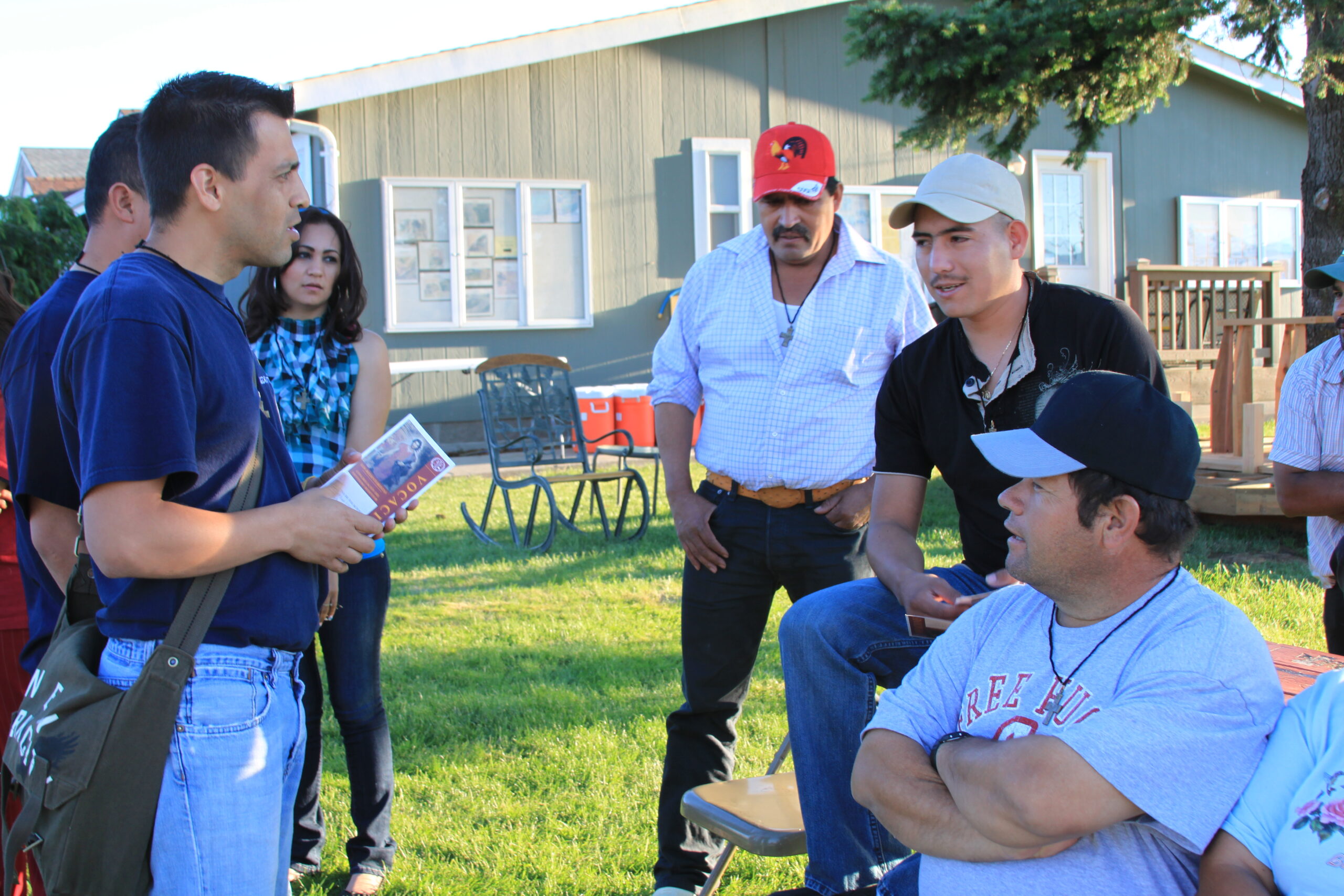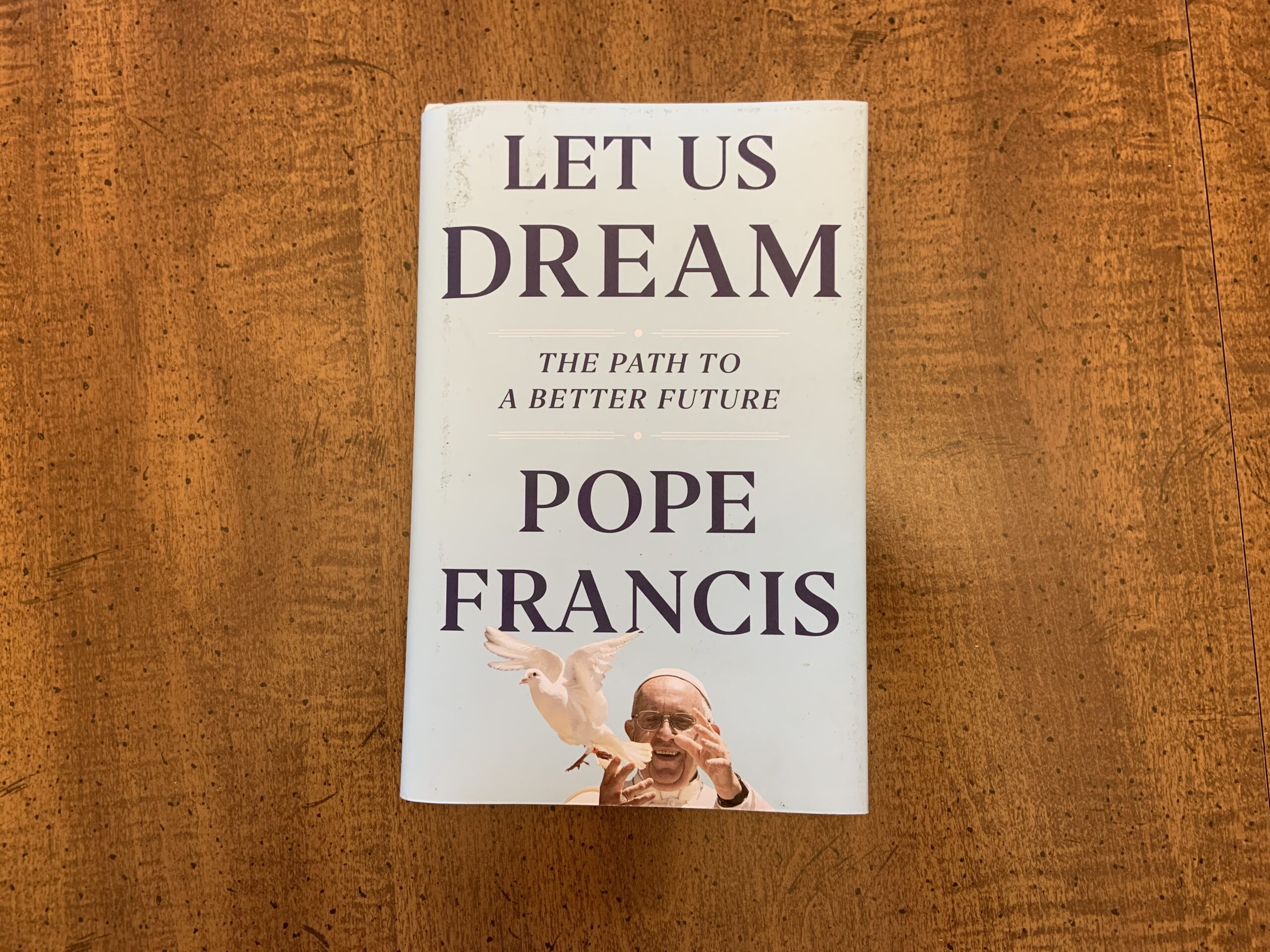Homily/Homilía for XXIV Sunday
“How often must I forgive my brother?”
(To be evangelized is a lifetime pursuit for people of faith. The Sunday homily is an important part of our taking time for spiritual reflection. It is not my custom to read a homily, but I hope to use my Saturday blog not so much as a homily as preparation of the Word, for migrants and volunteers in migrant ministry.)
How appropriate is the reading from the Book of Sirach, “Wrath and anger are hateful things?” We live in a time of great stress. Ugly politics. The coronavirus pandemic. Unemployment. Concern about children and youth in schools. Limitation of spiritual support in the loss of ordinary practices of faith. Insecurity. Depression. So many things impact every aspect of our lives. All these things impact our lives and the Word of God for us today is to not “nourish anger against another.”
Jesus tells his disciples to forgive over and over and over again. In this time when civic leaders live in rage and seek to provoke rage, we need models of heroic forgiveness. On the cross, Jesus said, “Father, forgive them, for they know not what they do.”
The example of St. Pope John Paul II, after he was shot in an assassination attempt, teaches by example. After recuperating from his wounds, he went to visit the man who shot him in prison. People asked why he would visit a man who tried to kill him. He responded, “I am going to forgive him.” How can you forgive someone who has not even asked to be forgiven. He said that “It is not for him, it is for me.” St. Pope John Paul II witnessed for the world the gospel that Jesus gives us today.
How often must we forgive our brother? The forgiveness of God is without limit. Rancor and bitterness affect our soul, not the soul of another. It leaves us less patient, less thoughtful, less loving. Anger and wrath, rancor and bitterness bring no peace. The New Year message of St. Pope John Paul II on January 1, 2002 came shortly after the terrorist attacks of September 11, 2001. His message came from his experience of having to forgive forces of war, oppression and a personal assassination attempt. While the world suffered because of terrorism, he said, “There is no peace without justice, and there is no justice without forgiveness.” If we seek peace, we must forgive each other.
(Tomorrow: Picking cherries)
“¿Cuántas veces tengo que perdonar a mi hermano?”
(Ser evangelizado es una búsqueda de por vida para las personas de fe. La homilía dominical es una parte importante de nuestro tiempo para la reflexión espiritual. No es mi costumbre leer una homilía, pero espero usar mi blog de los sábados, no tanto como homilía como preparación de la Palabra de Dios para los migrantes y voluntarios en el ministerio de migrantes).
¿Cuán apropiada es la lectura del Libro de Eclesiástico, “Cosas abominables son el rencor y la cólera”? Vivimos en una época de gran estrés. Política fea. La pandemia del coronavirus. Desempleo. Preocupación por los niños y jóvenes en las escuelas. Limitación del apoyo espiritual en la pérdida de prácticas ordinarias de fe. Inseguridad. Depresión. Tantas cosas afectan todos los aspectos de nuestras vidas. Todas estas cosas impactan nuestras vidas y la Palabra de Dios para nosotros hoy es no “le guarda rencor a otro”.
Jesús les dice a sus discípulos que perdonen “setenta veces siete”. En este momento en que los líderes cívicos viven con rabia y buscan provocar odio, necesitamos modelos de perdón heroico. En la cruz, Jesús dijo: “Padre, perdónalos, porque no saben lo que hacen”.
El ejemplo del Papa Juan Pablo II, después de que le dispararan en un intento de asesinato, nos enseña con su ejemplo. Después de recuperarse de sus heridas, visitó al hombre que le disparó en la cárcel. La gente preguntaba por qué visitaría a un hombre que trató de matarlo. Él respondió: “Lo voy a perdonar”. ¿Cómo puedes perdonar a alguien que no ha pedido el perdón? Dijo que “no es para él, es para mí”. San Papa Juan Pablo II fue testigo para el mundo del evangelio que Jesús nos da hoy.
¿Cuántas veces tengo que perdonar a mi hermano? El perdón de Dios no tiene límites. El rencor y la cólera afectan nuestra alma, no el alma de otro. Nos deja menos pacientes, menos pensativos, menos amorosos. La ira y la cólera, el rencor y la amargura no traen paz. El primero de enero 2002, unos meses después de los ataques terroristas de 11 de septiembre de 2001, el Papa Juan Pablo II dio un mensaje que sale de su experiencia de perdonar fuerzas de guerra y opresión en su vida en Polonia. Vivió su mensaje perdonando a su asesino. Su mensaje al mundo era, “No hay paz sin justicia, y no hay justicia sin perdón”. Si buscamos la paz, tenemos que perdonar unos a otros.
(Mañana: Piscando la cereza)




